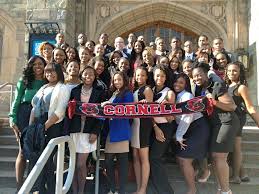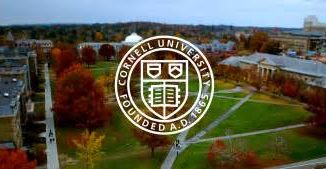
Naomi Schaefer Riley, Wall Street Journal
A century ago, colleges cared if your ancestors came over on the Mayflower. Now some are demanding that when universities admit black students, they give preference to descendants of those who arrived on slave ships. Black Students United at Cornell last month insisted the university “come up with a plan to actively increase the presence of underrepresented Black students.” The group noted, “We define underrepresented Black students as Black Americans who have several generations (more than two) in this country.”
{snip}
The BSU argued that “the Black student population at Cornell disproportionately represents international or first-generation African or Caribbean students. While these students have a right to flourish at Cornell, there is a lack of investment in Black students whose families were affected directly by the African Holocaust in America.”
There’s a contradiction here. For years liberal writers have blamed black poverty and undereducation on racism—the experience of being more likely to be pulled over by police, to be looked at suspiciously in department stores, to be discriminated against in schools and the workplace.
{snip}
Why does racism not seem to keep black immigrants down? The answer is obvious: Black immigrant culture tends to value academic achievement and believe it is possible no matter what happened to your ancestors. As one business school graduate born to Nigerian parents tells Ms. Chua and Mr. Rubenfeld: “If you start thinking about or becoming absorbed in the mentality that the whole system is against us then you cannot succeed.”
{snip}
